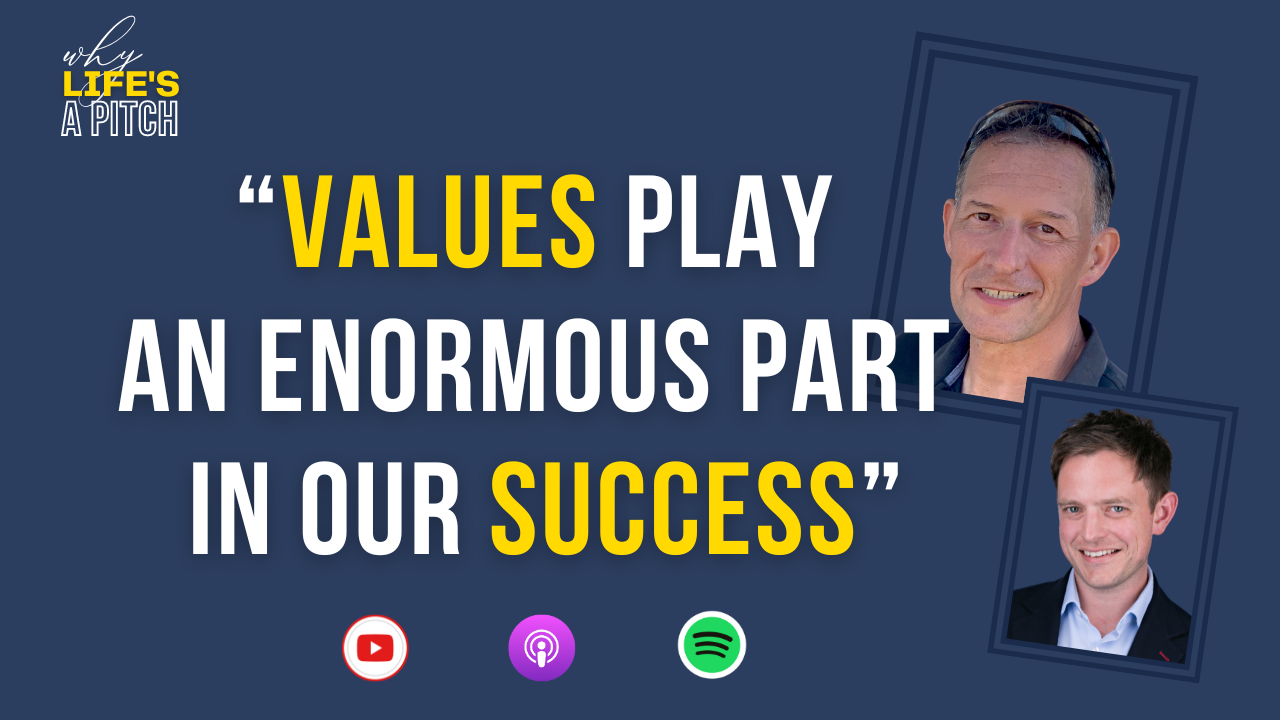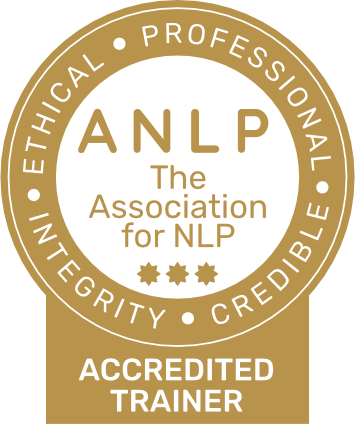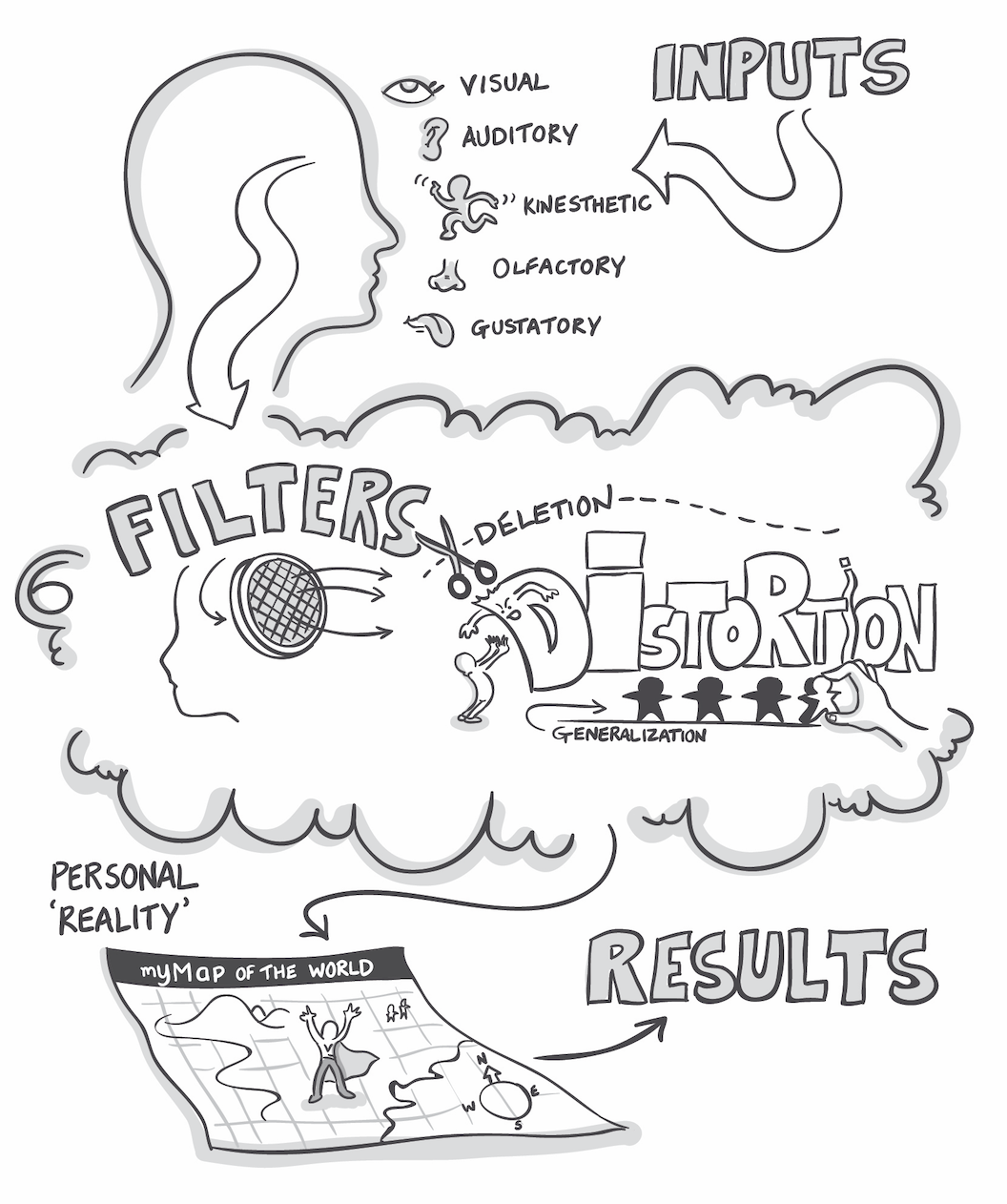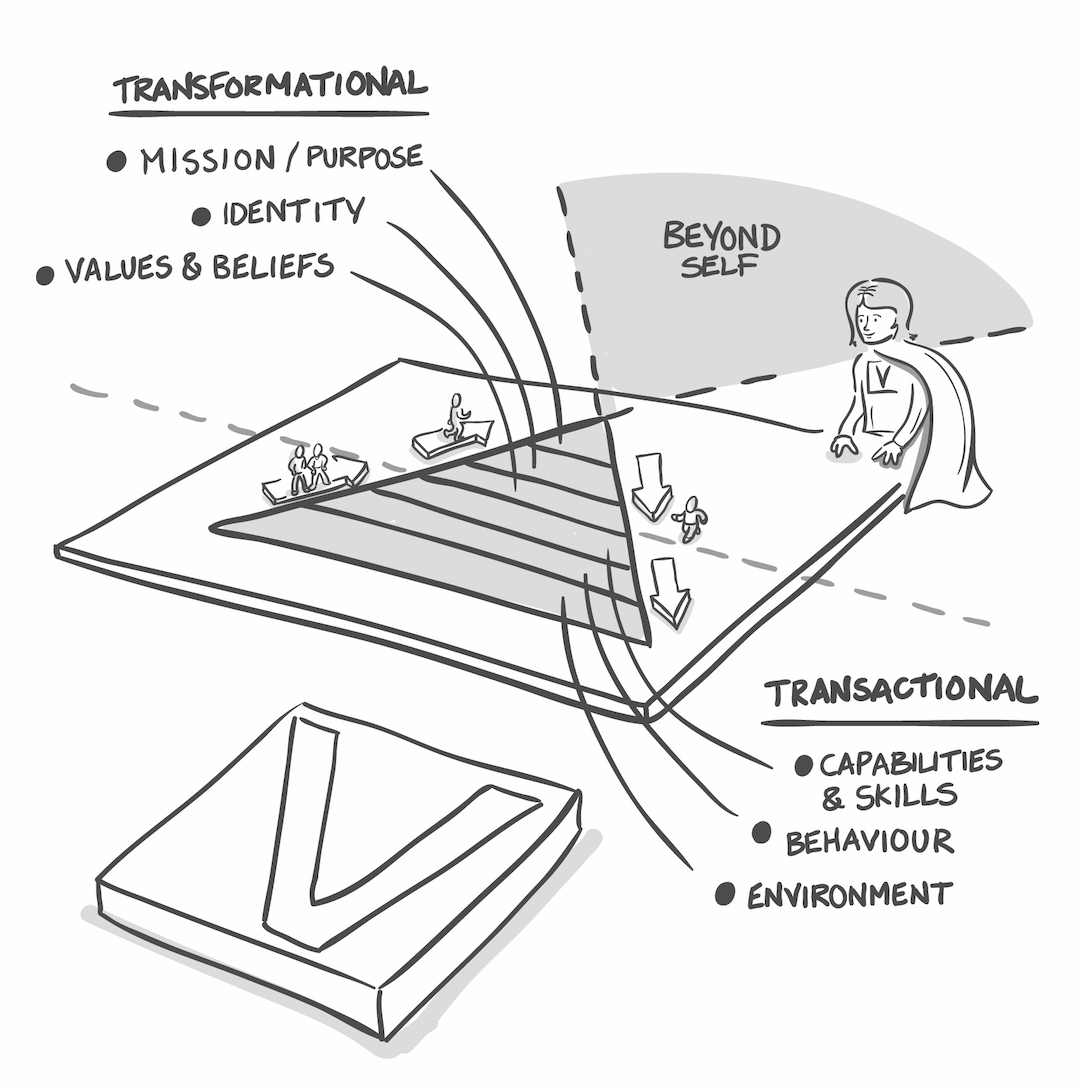Steve Payne discusses NLP
ACT founder, Steve Payne, sat down with Dominic Colenso to take part in Dominic's 'Why Life's a Pitch' podcast series.
In this video, Steve discusses the key influences in his life and his transition from actor, to keynote speaker, author and one of the very few Master Trainers of NLP in the world.
SHORTCUTS
00:00 Introduction
04:30 Shy actor, secretary, unexpected challenges at school
07:50 Working in South Africa
10:50 Contract struggles
14:32 Becoming an actor and childhood dreams
19:55 Hired based on vision
23:50 Realising the power of flexibility
26:49 NLP origins
29:51 How body posture influences confidence and performance
33:32 Building strong connections through active listening
37:07 Understanding values
49:19 Developing the habit of stepping back, reflecting perspective







